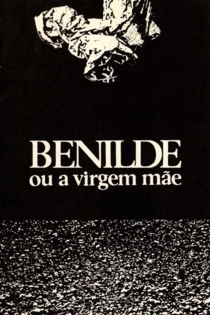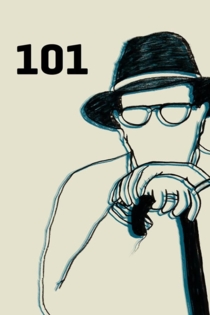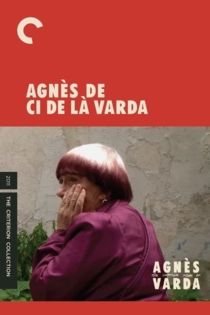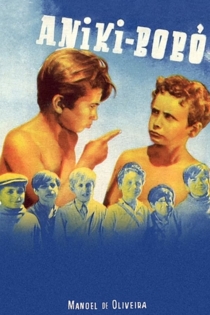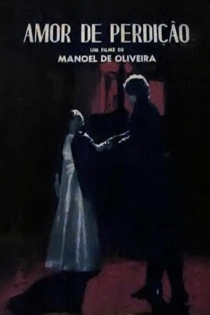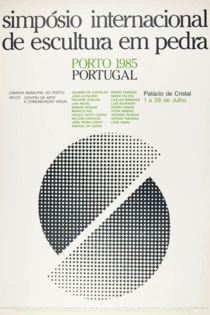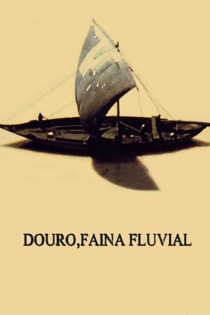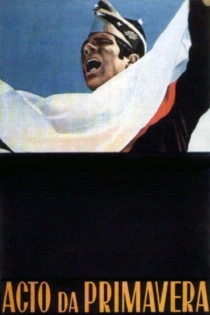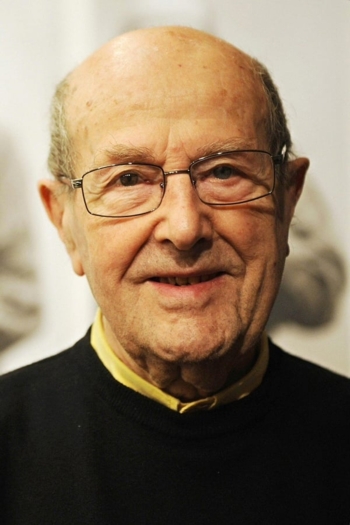
Manoel de Oliveira
1908 - 2015Marcello Mastroianni - Mi ricordo, sì, io mi ricordo
Anna Maria Tatò
Marcello Mastroianni, Renato Berta
In 1996, Marcello Mastroianni talks about life as an actor. It's an anecdotal and philosophical memoir, moving from topic to topic, fully conscious of a man "of a certain age" looking back. He tells stories about Fellini and De Sica's direction, of using irony in performances, of constantly working (an actor tries to find himself in characters). He's diffident about prizes, celebrates Rome and Paris, salutes Naples and its people. He answers the question, why make bad films; recalls his father and grandfather, carpenters, his mother, deaf in her old age, and his brother, a film editor; he's modest about his looks. In repose, time's swift passage holds Mastroianni inward gaze.
Marcello Mastroianni: I Remember
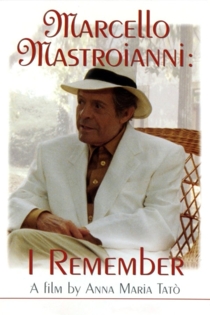
A Canção de Lisboa
José Cottinelli Telmo
Vasco Santana, Beatriz Costa
Vasco is a medical student in Lisbon, supported by his rich aunts, whom he had falsely told he had already graduated. In fact, he devotes himself to a bohemian life, preferring the popular fairs and pretty women, especially Alice, a seamstress from the Castelinhos quarter, which rather upsets her ambitious father, tailor Caetano, who is familiar with Vasco's debts. After failing yet another final exam, he is surprised by his aunts' announcement that they will visit him in Lisbon to see his practice.
A Song of Lisbon
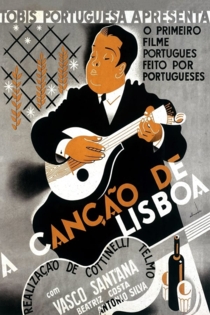
A 15ª Pedra
Rita Azevedo Gomes
Manoel de Oliveira, João Bénard da Costa
Joáo Bénard da Costa, director of the Portuguese National Film Archives [deceased in 2009], interviews the dean of contemporaneous film directors [96-years-old then]. Two humanists of different philosophical backgrounds, both with their long, entire lives dedicated to culture in general (music, painting, literature) and to film in particular, discuss freely, sometimes haltingly, the director's power as a creator or a magician, the philosophy beyond particular scenes in classic movies, film technique, the importance of color, sound and music to films, art versus entertainment, and much more. Their talk takes place in a museum room, seating in front of "The Annunciation" (a 1510 oil painting by João Vaz, a Portuguese artist), which eventually leads to a discussion of 'Leonardo da Vinci', and the relationship between a trend-setter master and his disciples.
The 15th Stone
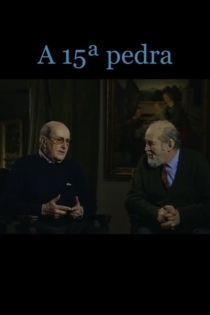
O Pão
Manoel de Oliveira
Each day, Man must work around the clock to produce and acquire bread: throwing the seeds into earth, helping the breeding of the corn, the corn's recolt, transport to the mills - traditional or industrial ones -, manipulation of the flour into actual bread, transport to a variety of locations and consumers. And then, after the consumption, the cycle restarts.
O Pão
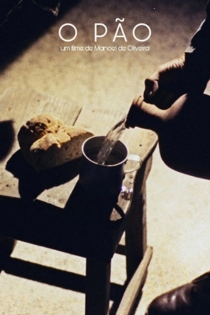
The Green Years
Paulo Rocha
Rui Gomes, Isabel Ruth
Nineteen-year-old Julio heads to Lisbon from the provinces and gets a job as a shoemaker for his uncle Raul. But when he meets Ilda, a confident young housemaid who becomes a regular shop visitor, his working-class values collide with the bourgeois trappings of modern life.
The Green Years
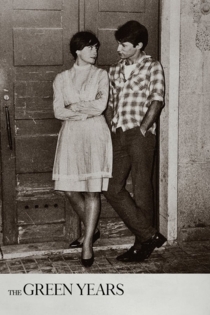
Vale Abraão
Manoel de Oliveira
Leonor Silveira, Luís Miguel Cintra
Ema is a very attractive but innocent girl, so pretty that cars crash in her presence. Young marries Dr. Carlos Paiva, a father's friend, to whom she is not attracted. They move to the Valley of Abraham. Carlos loves her, but decides to sleep in a separate room to avoid waking Ema when he has to return late at night. With time she begins to feel unhappy about her marriage, so she finds a lover.
Abraham's Valley
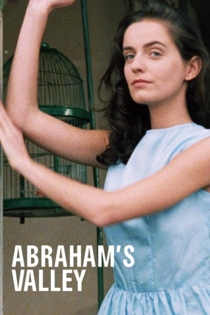
A Caça
Manoel de Oliveira
António Rodrigues Sousa, João Rocha Almeida
Two friends decide to go hunting but without guns, so that no accident will happen. As they stroll and talk, one of them falls into a hole in a hidden marshland. His friend runs away, and manages to gather a number of men that were in the vicinity. They form a human chain to pull the victim out, but their affliction mounts, as they have no strategy for doing it, and they can't understand each other.
The Hunt
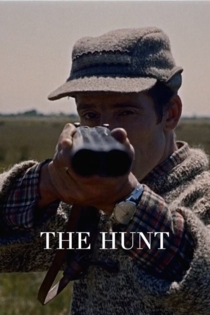
Benilde or The Virgin Mother
Manoel de Oliveira
Maria Amélia Matta, Jorge Rolla
A young girl, Benilde, so protected by her religious family that she seemingly knows nothing about procreation, insists that her mysterious pregnancy is a miracle; however, her distressed bourgeois family decides that Benilde has lost her mind.
Benilde or the Virgin Mother
